
Jun 12 , 2021
By Yohannes Woldegebriel
The use of the legal system, law enforcement authorities and the judiciary to charge and prosecute politicians in the run-up for elections to dislodge rival contenders is quite common across the world. The decision of the Federal Supreme Court Cassation Bench on candidates of Balderas for Genuine Democracy Party is a victory against this, albeit in a fractured way, writes Yohannes Woldegebriel, legal researcher and tax law expert.
Early this month was a watershed moment for the Ethiopian judicial system. The Federal Supreme Court Cassation Bench granted a petition, filed by a lawyer of Balderas for Genuine Democracy Party, contesting against the decisions from a local electoral district officer and the Federal High Court to refuse the registration of jailed party candidates. The decision of the Cassation Bench recognised the right of four incarcerated candidates of the party charged with severe crimes to run for Ethiopia’s highly anticipated upcoming national and regional elections.
The widely publicised decision of the Cassation Bench admittedly conveys a beneficial and positive message to the nascent judiciary. But for a legal professional, what the Court actually did was only give effect to an unambiguous provision set for citizens’ rights behind bars – the right to run for an election. Contrary to ordinary individuals and even professionals imaginations, under Ethiopian law, all persons criminally charged are not per se deprived of the right to run for election to public office. This is unless the accused is convicted of the crime charged and a sentence for the withdrawal of civil right has been imposed. This right of citizens is neither confusing nor restricted by law.
In Ethiopia, law enforcement officials, the public media and other government authorities, widely, openly and with impunity, persistently breach the fundamental constitutional right of presumption of innocence of individuals charged with crimes. It is then no coincidence that the perception for wholesale incapacity of incarcerated persons to run for public office was created and almost became a shared view. In this regard, it is worth emphasising that the decision of the Cassation shall signal the end of such wrong perceptions. However, many works remain for the judiciary, public prosecution, the police and other government organs to uphold, protect and safeguard this and other essential constitutional rights of persons in prisons that are criminally charged but not convicted.
The decision of the Cassation Bench is praiseworthy and timely. To a criminal lawyer, the issue entertained and the final verdict rendered by the Court is no more than a correct application of the law as issued by the law-maker that a judge, in the ordinary course of his activities, can do. This law does not require painful references of local or foreign jurists’ works for guidance, interpretation and the decision of the Court. It has also contributed nothing to the development of the national legal jurisprudence on the election.
This decision does not presuppose interpretation of ambiguous laws to be “binding on Federal as well as Regional courts at all levels,” and enjoy the status to be cited by our legal practitioners with the local version of “stare decisis” (to stand by things decided). Rather, the perseverance of the party and its lawyer to legally challenge and contest the incorrect understanding of the law and the decisions of the local election district officer and Federal High Court must be appreciated and respected.
Still, the decision allowing incarcerated party leaders to run for election to public offices, pending trial, conviction and sentence on grave charges of complicity, conspiracy, planning and preparation to commit armed rising or civil war and terrorist acts leaves much to be desired. It demands supremely serious matters to further dwell on, elucidate, and analyse the legal issues that are inseparably linked with the candidates' election.
Rejecting the argument of the party lawyer, the Federal High Court had decided that “the right or liberty of movement of an incarcerated person to conduct election campaign is curtailed and even if elected, cannot serve the people” as revealed on the write-ups of the decision of the Cassation Bench. The latter, for its part, ruled that “the right of movement of incarcerated party candidates running for election to public office is no bar for their election campaign.”
Unfortunately, the Bench also failed to address what will happen in the likely circumstance that one or more of the candidates are elected to public office. Under current political circumstances, running for an election to public offices does not appear pretentious, fictitious or a window-dressing exercise. It is an aggressive life and death struggle to achieve results - the Court’s ruling on this skirted issue was thus extremely demanding.
The Federal High Court has already ruled on its decision that the candidates “cannot serve the people even if elected.” This has stood uncorrected by the Cassation and presumably continues to be valid and enforceable since the scope of its decision has been confined on candidates’ registration to run for the upcoming election.
Identifying this difficult issue - what happens if the candidates are elected to public office? - its analysis and reasoning against the backdrop of the Federal High Court’s judgement that the four candidates, “even if elected, cannot serve the people” was critical. It was more necessary than the nine-page long write-ups and narrations of the Cassation Court on a clear law to re-confirm that charged but not convicted and sentenced politicians can run for election.
The use of the legal system, law enforcement authorities and the judiciary to charge and prosecute politicians in the run-up for elections to dislodge rival contenders is quite common across the world. More often than not, such actions do not necessarily succeed to misdirect the outcome of the election. Even if courts convict and sentence candidates, many incarcerated, convicted and sentenced politicians running for the highest legislative organ, senatorial or mayoral public offices in various states of Australia and the United States have managed to win. They have gone on to assume the offices.
It must also be underscored that not all prisoners or ex-prisoners convicted and sentenced of various kinds of offences are necessarily unfit and disqualified from election. What ultimately matters is the will of the people. Laws of each country must be examined to determine someone to qualify for an election or not. There should not be a blanket generalisation that Court convicted and sentenced criminals are necessarily incapable of running for election.
Luiz Inácio Lula da Silva of Brazil, Recep Tayyip Erdogan of Turkey and Nelson Mandela of South Africa were charged with corruption, inciting hatred based on religious differences, incitement, and leaving country without a passport and treason, respectively. They were convicted and served various periods of prison terms. It did not bar them to run for election eventually and for leadership of public offices, although they were, technically speaking, criminals. Let us not forget that the Imperial Government also “connived” and helped freedom fighter Mandela secure an Ethiopian passport to move freely in several countries. It subsequently resulted in his being charged and convicted. Still, it is a moment we greatly cherish.
The philosophical underpinning behind the disqualification of sentenced persons (criminals) from running for election emanates from Aristotelian theory.
The “criminal conduct is inconsistent with citizenship and that good citizenship is a precondition for (or even necessarily entails) being a holder of public office.”
The first premise has a long heritage. In his treatise, Politics, Aristotle also argued that “the task of all the citizens, however different they may be, is the stability of the association, that is, the constitution. Therefore the virtue of the citizen must be in relation to the constitution.”
Ethiopian law builds on this. A candidate convicted of crime is sentenced with deprivation of the right to elect and run for election to public offices as a secondary punishment. The primary penalty is imprisonment under Ethiopian law. However, based on the preceding philosophical justification, party candidates charged with serious criminal violation, denied bail right and incarcerated in prisons pose extremely difficult legal issues after their election to public offices.
It will be to the Attorney-General that would have to resolve the serious issue.
What will happen to the charge and the prosecution of the now parliamentary deputy confirmed to have been popularly elected and automatically assume a position that reflects national and popular sovereignty? How would the prosecution and the Court entertain the constitutional guarantee of “non-accountability and inviolability” of a parliamentary deputy flowing from the parliamentarian immunity? How would the prison administration, the prosecution and the Court continue to detain and silence a representative elected and delegated to air the voice of hundreds of thousands of citizens?
Ethiopia’s experience with parliamentarian immunity has indeed always been a mockery. When a representative has fallen out of favour by the party in power, they end up in jail shortly after the swift lifting of the immunity privilege. Such practices have never been tested on an elected deputy that is already in prison.
Neither should they be. The automatic assumption of parliamentarian immunity to an elected ex-prisoner representative demands that they enjoy the privilege of non-accountability and inviolability. These are two rights they need to able to properly delegate function to the public office. For this to happen, the elected deputy must be physically released from arrest, detention or incarceration. To achieve the release, the public prosecution must temporarily withdraw the charge “for public interest” while the parliament is in session, and allow the deputy to exercise public function.
For a detained but not charged candidate running for election, the public prosecution might even be required to close the investigation file. Unfortunately, for now, we have missed the chance for a thorough analysis, reasoning and interpretation of the issue by the Cassation court.
PUBLISHED ON
Jun 12,2021 [ VOL
22 , NO
1102]

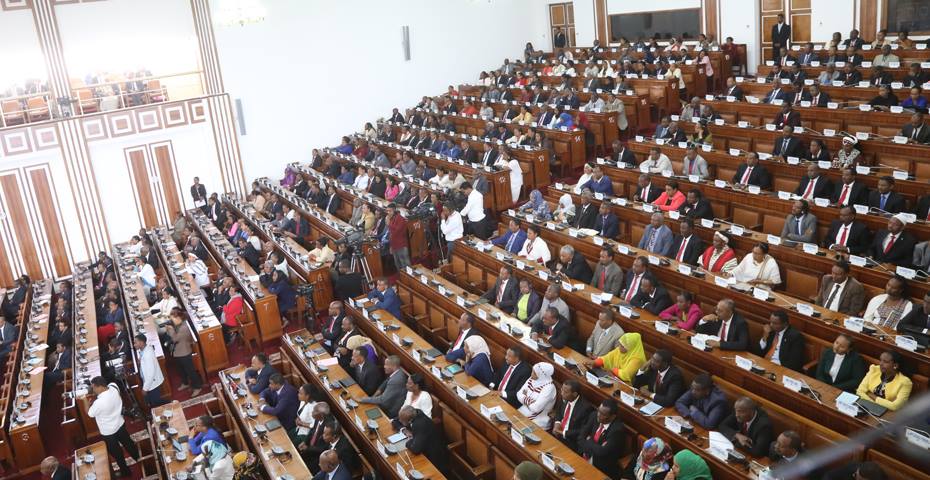
Fortune News | Aug 24,2019
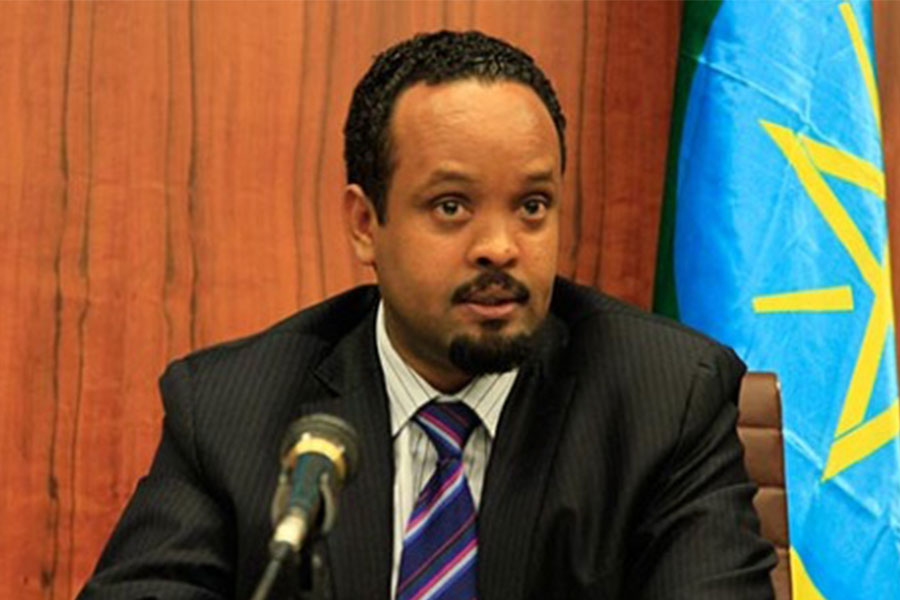
Verbatim | Jun 10,2023

Sunday with Eden | Dec 07,2019
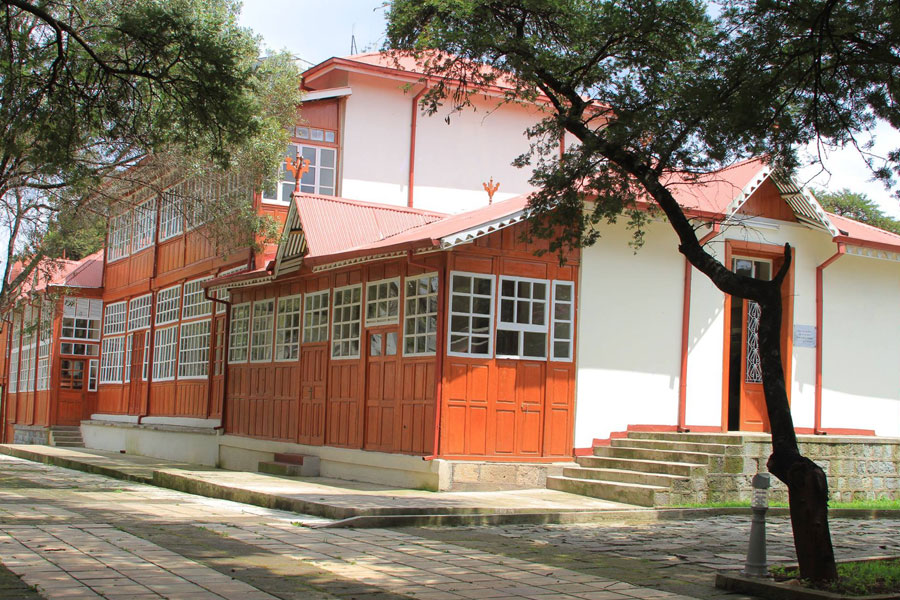
View From Arada | Aug 05,2023

Films Review | Jul 10,2020
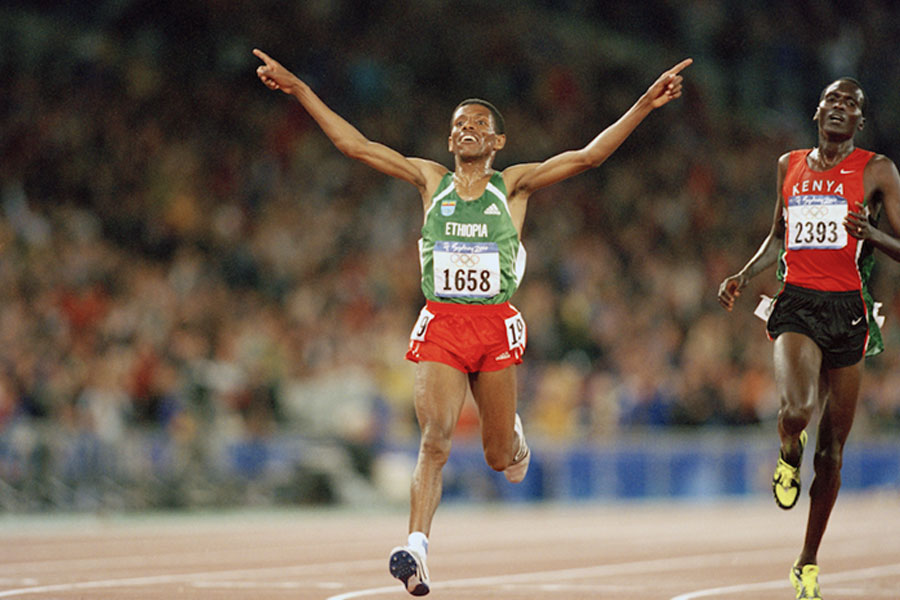
View From Arada | Aug 27,2022
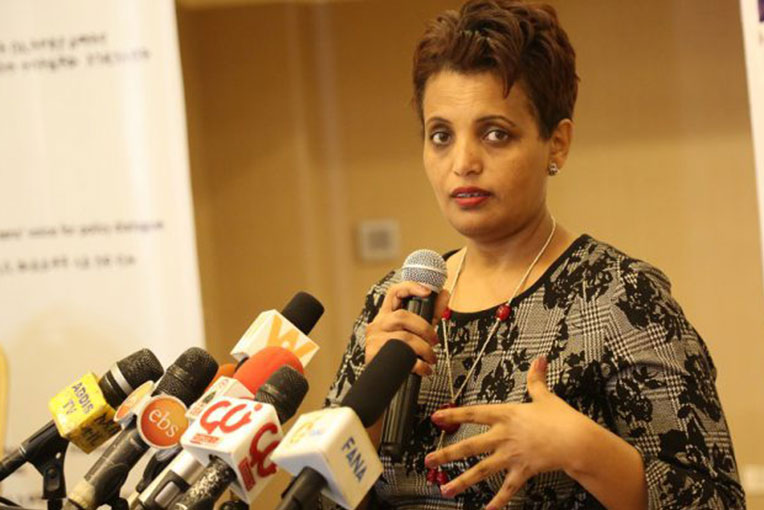
Radar | Mar 14,2020

Life Matters | Aug 27,2022

Radar | Dec 28,2019
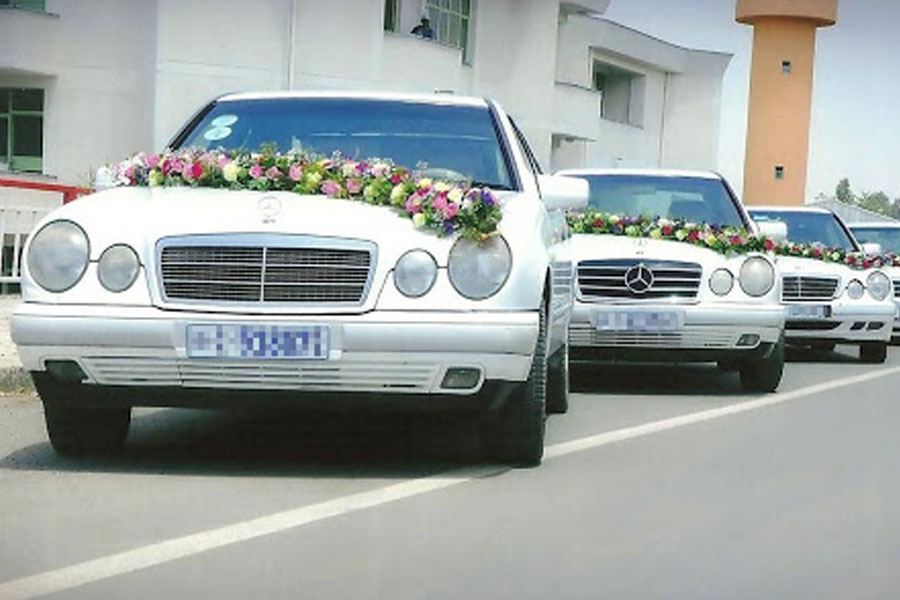
Covid-19 | Feb 27,2021

My Opinion | 131451 Views | Aug 14,2021

My Opinion | 127803 Views | Aug 21,2021

My Opinion | 125783 Views | Sep 10,2021

My Opinion | 123419 Views | Aug 07,2021

Dec 22 , 2024 . By TIZITA SHEWAFERAW
Charged with transforming colossal state-owned enterprises into modern and competitiv...

Aug 18 , 2024 . By AKSAH ITALO
Although predictable Yonas Zerihun's job in the ride-hailing service is not immune to...

Jul 28 , 2024 . By TIZITA SHEWAFERAW
Unhabitual, perhaps too many, Samuel Gebreyohannes, 38, used to occasionally enjoy a couple of beers at breakfast. However, he recently swit...

Jul 13 , 2024 . By AKSAH ITALO
Investors who rely on tractors, trucks, and field vehicles for commuting, transporting commodities, and f...

Jun 28 , 2025
Meseret Damtie, the assertive auditor general, has never been shy about naming names...

Jun 21 , 2025
A well-worn adage says, “Budget is not destiny, but it is direction.” Examining t...

Jun 14 , 2025
Yet again, the Horn of Africa is bracing for trouble. A region already frayed by wars...

Jun 7 , 2025
Few promises shine brighter in Addis Abeba than the pledge of a roof for every family...

Jun 29 , 2025
Addis Abeba's first rains have coincided with a sweeping rise in private school tuition, prompting the city's education...

Jun 29 , 2025 . By BEZAWIT HULUAGER
Central Bank Governor Mamo Mihretu claimed a bold reconfiguration of monetary policy...

Jun 29 , 2025 . By BEZAWIT HULUAGER
The federal government is betting on a sweeping overhaul of the driver licensing regi...

Jun 29 , 2025 . By NAHOM AYELE
Gadaa Bank has listed 1.2 million shares on the Ethiopian Securities Exchange (ESX),...